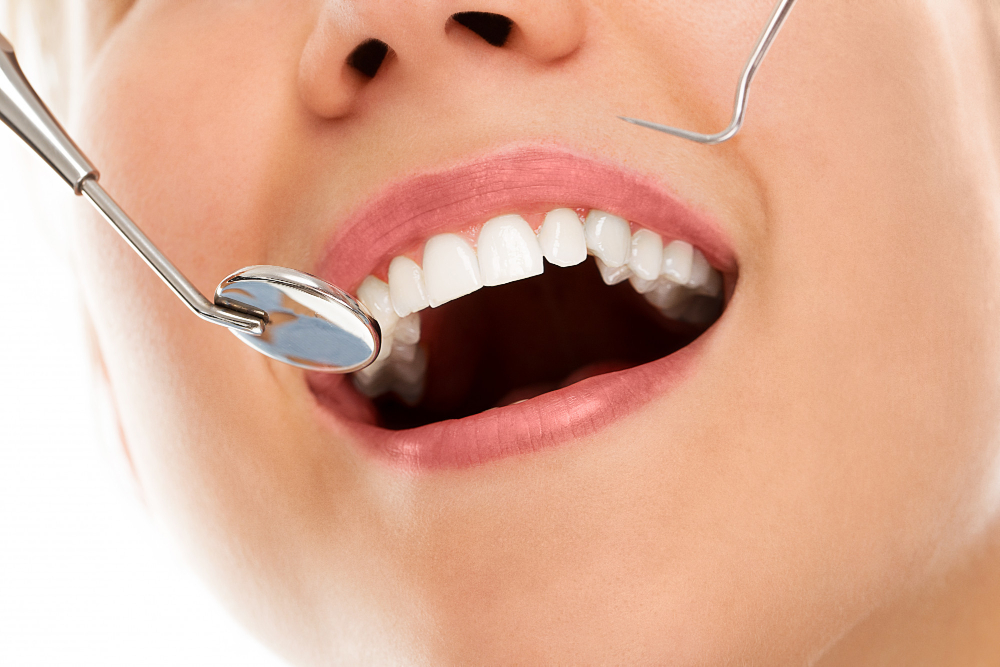Dental crowns are the most effective solutions in modern dentistry. These custom-fitted caps restore damaged teeth to their original shape, size, and function while improving their appearance. Whether you’re considering a crown or have been recommended by your dentist, understanding what they are and how they work can help you make informed decisions about your dental health.
What are Dental Crowns?
Dental crowns are tooth-shaped restorations that completely cover a damaged or weakened tooth from the gum line up. They’re essentially protective caps that restore a tooth’s shape, size, strength, and appearance. Often referred to as “caps,” crowns are cemented onto existing teeth or implants, fully encasing the visible portion of the tooth.
When are Dental Crowns Necessary?
Crowns serve several important functions:
- Protecting weak teeth from breaking or cracking further
- Restoring already broken teeth or worn-down teeth
- Supporting teeth with large fillings when not much natural tooth remains
- Covering severely discolored or misshapen teeth
- Covering dental implants
- Anchoring dental bridges
- After root canal treatment for strengthening the tooth
Types of Dental Crowns
The material used for your crown depends on factors like the tooth’s location, visibility, your budget, and personal preferences:
Porcelain/Ceramic Crowns: These provide the most natural appearance, matching your tooth color. They’re ideal for front teeth where aesthetics matter most.
Porcelain-Fused-to-Metal: Offering both strength and appearance, these crowns have a metal interior for durability with porcelain exterior for a natural look.
Metal Crowns: Made from gold alloy or other metals, these are the most durable option. They rarely chip or break and require minimal tooth removal. However, their metallic color makes them better suited for out-of-sight molars.
Zirconia Crowns: These newer options combine strength similar to metal with the natural appearance of porcelain.
Temporary Crowns: These are made from acrylic or stainless steel and protect your tooth while a permanent crown is being fabricated.
The Dental Crown Procedure
The process mainly involves two visits to your dentist:
First Visit: Your dentist examines and prepares the tooth, takes impressions, determines the proper shade for your crown, and places a temporary crown.
Second Visit: The permanent crown is placed as the temporary one is removed. Your dentist checks the color, fit, and bite before permanently cementing it in place.
At specialized practices like those of dentist elmo, the entire crown procedure utilizes digital scanning technology, potentially reducing the traditional two-visit process to a single, more efficient appointment.
Benefits of Dental Crowns
Here are the leading benefits of dental crowns:
- Restored Function: Crowns allow you to bite and chew normally again.
- Pain Relief: They protect sensitive teeth and reduce pain from damage or decay.
- Improved Appearance: They provide a natural, attractive look to damaged teeth.
- Durability: With proper care, crowns can last 10-15 years or longer.
- Versatility: They can address multiple dental issues with one solution.
Caring for Your Dental Crown
While crowns don’t require special care, following these practices ensures longevity:
- Brush twice daily and floss regularly. Pay special attention to the crown area
- Avoid hard foods that could crack the crown
- Don’t chew ice or bite fingernails
- Wearing a nightguard helps if you grind your teeth
- Maintain regular dental checkups and cleanings
Vital Cost Considerations
The price of dental crowns can differ depending on:
- Material type
- The complexity of the case
- Geographic location
- Insurance coverage
While porcelain and ceramic crowns typically cost more than metal options, they offer superior aesthetics. Most dental insurance plans cover partial costs when crowns are medically necessary.
Conclusion: Is a Dental Crown Right for You?
If you have a damaged, weakened, or unsightly tooth, a dental crown can be the solution. They offer functional and aesthetic benefits, restoring your smile and allowing you to speak, eat, and smile with confidence.
Modern dentistry has made the crown process more comfortable and efficient than ever before. With proper care, your dental crown can provide years of protection while maintaining a natural appearance.
For specific concerns about whether a crown is appropriate for your situation, consult with your dentist about available options and what would work best for your particular dental needs.
